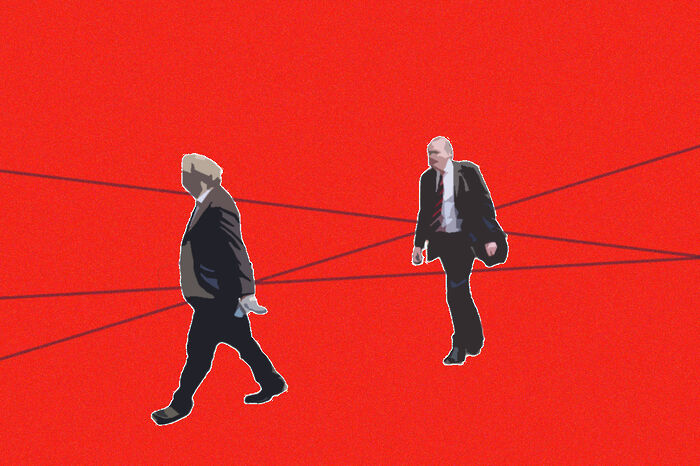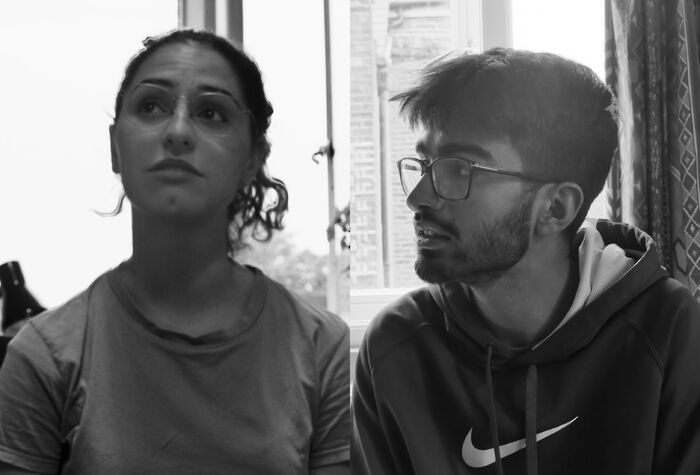Zero Carbon calls for formal University review of divestment decision
Campaigners have challenged the University’s decision not to fully divest from fossil fuels, claiming it was unconstitutional

Cambridge Zero Carbon has formally challenged the University Council’s landmark decision in June not to fully divest from the fossil fuels sector, claiming that Council’s methods subverted University democratic structures.
14 members of the society have written to Vice-chancellor Stephen Toope that the University evaluate the constitutionality of Council’s methods. A second formal review has been submitted by a group of Cambridge academics.
The University’s constitution – called its Statutes and Ordinances – allows for a formal review of any Council decision to be called for within 30 days of a decision by writing to the vice-chancellor outlining how the decision in question has contravened the constitution.
Zero Carbon’s review makes two central claims: That the University’s decision not to fully divest overturned a pro-divestment motion, called a Grace, from Cambridge’s main governing body, Regent House, and that Council failed to obey the democratic provisions it is mandated to follow given its withholding the Grace.
The Grace calling for full divestment was passed in January last year. It was signed by 140 members of Regent House – a democratic body consisting of around 5,000 University academics and staff charged with making changes to University legislation, and considering proposals by various University bodies including the Council.
The Council acts as charity trustee of the University, as noted in the University’s statutes. As such, they hold executive power over any decisions pertaining to its responsibility “for the administration of the University, for the planning of its work”, and, most relevantly, “for the management of its resources”, including its endowment.
Council’s response to the Grace in January was to authorise its submission, with the caveat that it could only serve as an advisory course, rather than a mandate, given its executive power.
They wrote a note at the time that the Grace: “cannot operate as a mandate in respect of the exercise of their fiduciary responsibility for the University’s investment practices.”
They proposed instead that they would “respond by commissioning a report specifically into the advantages and disadvantages of the policy of divestment which the Grace supports,” culminating in the long-awaited divestment working group report published in May this year.
In their review, Zero Carbon argued that Council’s response to the divestment working group, which decided against full divestment, “was an attempt to withhold the Grace once approved”. Their argument hinges on how the approval and rejection of a Grace is defined.
Though not as clear-cut as a usual approval, Council’s eventual authorisation of the Grace with the caveat meant that they were not obligated at the time to present what is known as a ‘capital-R’ Report – a specific type of written announcement to Regent House published in the Cambridge University Reporter – required only when the submission of a Grace is rejected outright by the Council.
A ‘capital-R’ Report is mandated to be followed by a discussion of Regent House, creating a provision for Council to be held accountable for any decisions to dismiss a Grace.
Because the Grace calling for full divestment was authorised by Council, it is not explicitly mandated by the University’s constitution or special ordinances to produce a ‘capital-R’ Report.
When the decision in June was announced, it was published in the Reporter as a notice – not a ‘capital-R’ Report. “As a result,” campaigners wrote, “the Regent House and other members of the university were left with no path through which to question, debate, or attempt to democratically overturn the divestment decision.”
Campaigners have called for the vice-chancellor to declare that the existing report on the decision in June “has no validity”.
The vice-chancellor now has three months to respond to the review. The constitution lays out three courses of action open to him:
- To decide that there has been no such contravention of the constitution.
- To decide that there was a contravention, but that it did not render the decision invalid.
- To decide that there was a contravention, and to further decide on an appropriate course of action to rectify it.
The University has been contacted for comment.
 News / Eight Cambridge researchers awarded €17m in ERC research grants27 December 2025
News / Eight Cambridge researchers awarded €17m in ERC research grants27 December 2025 News / Downing investigates ‘mysterious’ underground burial vault 29 December 2025
News / Downing investigates ‘mysterious’ underground burial vault 29 December 2025 Lifestyle / Ask Auntie Alice29 December 2025
Lifestyle / Ask Auntie Alice29 December 2025 Sport / Hard work, heartbreak and hope: international gymnast Maddie Marshall’s journey 29 December 2025
Sport / Hard work, heartbreak and hope: international gymnast Maddie Marshall’s journey 29 December 2025 Interviews / Meet Juan Michel, Cambridge’s multilingual musician29 December 2025
Interviews / Meet Juan Michel, Cambridge’s multilingual musician29 December 2025












